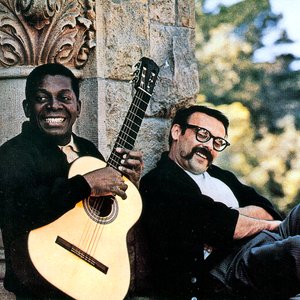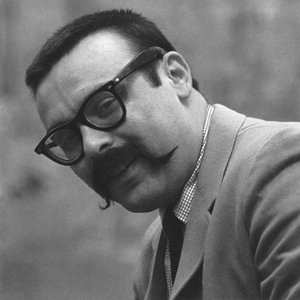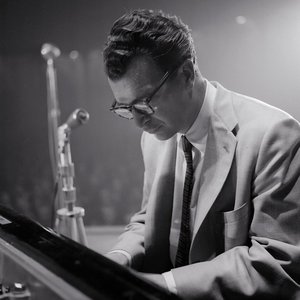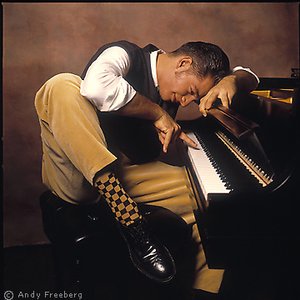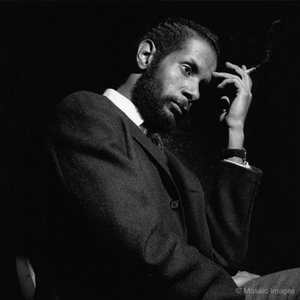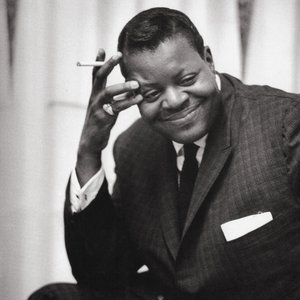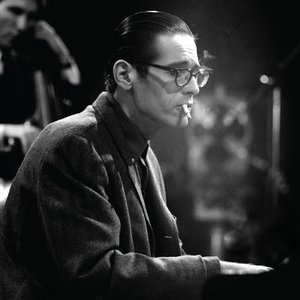Biography
-
Born
17 July 1928
-
Born In
San Francisco, California, United States
-
Died
6 February 1976 (aged 47)
Vincent Anthony "Vince" Guaraldi (July 17, 1928 - February 6, 1976) was an Italian-American musician and composer. Primarily a pianist, known for his breezy and playful improvisational voicings, Guaraldi cultivated his own innovative brand of jazz music. As primary tunesmith for a number of animated adaptations of the comic strip Peanuts, his influence on young potential jazz listeners was vast. Notably, his soundtrack album to the special of the same name, A Charlie Brown Christmas (1965), is regarded as one of the greatest Christmas albums.
Born Vincent Anthony Dellaglio in San Francisco, the "city by the bay" would remain Guaraldi's base of operations throughout his life, with Guaraldi eventually becoming a significant proponent of west coast jazz. Guaraldi's first recorded work was as part of trio with Cal Tjader in 1953. By 1955, Guaraldi had formed his own trio; in contrast to his later, more well-known work, his earlier music was decidedly morose and classically-inspired, as well as lacking drum accompaniment. Moreover, his actual compositional output was vastly outnumbered by cover versions.
Inspired by the 1959 film Black Orpheus, the trio recorded an album featuring renditions of songs from its soundtrack, as well as original compositions inspired by the film; one such original song, "Cast Your Fate to the Wind", became an award-winning best seller of its time, peaking at #22 on the Billboard Hot 100. Subsequent vocal versions (with lyrics by Carel Werber) also charted. "Cast Your Fate…" also ensured Guaraldi's hiring as composer for a number of planned animated adaptations of the world-famous Peanuts comic strip.
Guaraldi's first composition for Peanuts was "Linus and Lucy", a theme for the characters of Lucy and Linus van Pelt, which he first played over the phone to producer Lee Mendelson. Featured in the famous "dancing scene" from A Charlie Brown Christmas, it has been mistakenly assumed by many to be the "Peanuts Theme", when in fact Guaraldi never composed such a theme; the specials tended to have their own individual themes. Regardless, it would become Guaraldi's greatest-known work, being among the most recognizable pieces of music in the world.
A Charlie Brown Christmas, the first proper animated outing for the Peanuts franchise, became an unexpected success upon its first airing, thanks in no small part to Guaraldi's timeless score, mixing holiday standards with original tunes with Guaraldi's laid-back, acoustic jazz style. One particular song from the album, "Christmas Time Is Here", has become a Christmas standard in its own right. It has remained a steady yearly seller for almost five decades, and has never been out of print.
As the '60s began to come to an end, Guaraldi became enamored with electronic sounds and synthesizer devices, in particular the Fender Rhodes brand electric piano, which would color his scores for Peanuts specials as well. Though the recorded output through the duration of his life would remain lamentably small, Guaraldi continued to play live on a regular basis, more than happy to mix his Peanuts music with jazz standards and contemporary pop music.
On February 6, 1976, while between sets at the night spot Butterfield's in Menlo Park, Vince Guaraldi died of causes variously attributed to either an aortic aneurysm or a heart attack. The last song he ever performed was a cover version of "Eleanor Rigby" by The Beatles. He had completed his underscore for the special It's Arbor Day, Charlie Brown that very same day. Music from Peanuts was played over a public announcement system at his funeral.
Mostly owing to the jazz establishment changing its focus towards New York and more experimental forms of jazz, the melodically-minded Guaraldi never gained much recognition from jazz critics and peers of his time. Nevertheless, Guaraldi's music grows more and more appreciated with each passing year; historians have observed that scores of musicians and fans alike have attributed their love of jazz to watching, and listening to, Peanuts specials as children. Scores for subsequent Peanuts specials tend to feature at least one Guaraldi original; a testament to his importance to the specials.
Artist descriptions on Last.fm are editable by everyone. Feel free to contribute!
All user-contributed text on this page is available under the Creative Commons Attribution-ShareAlike License; additional terms may apply.


